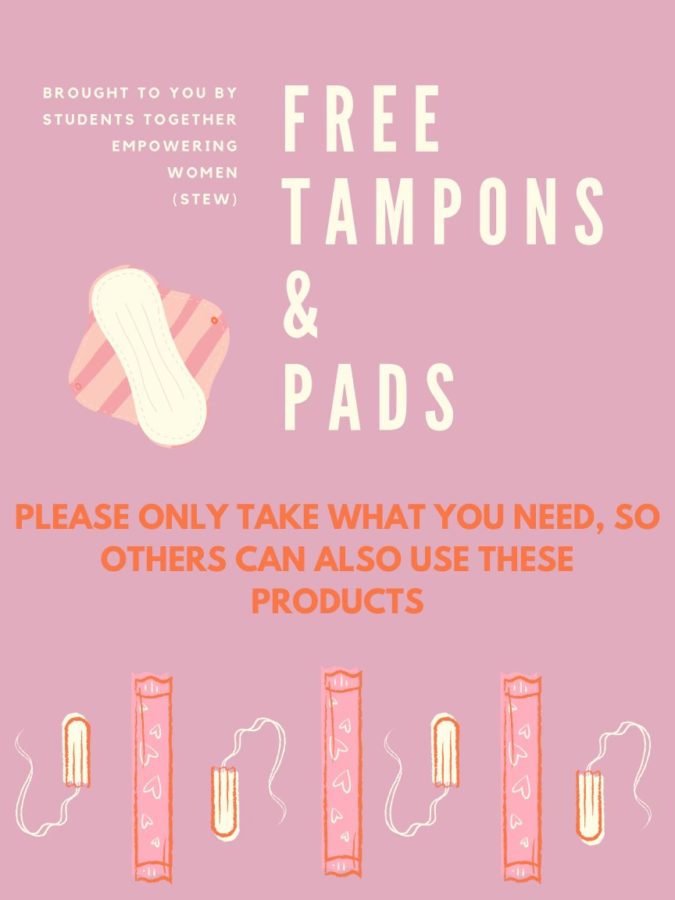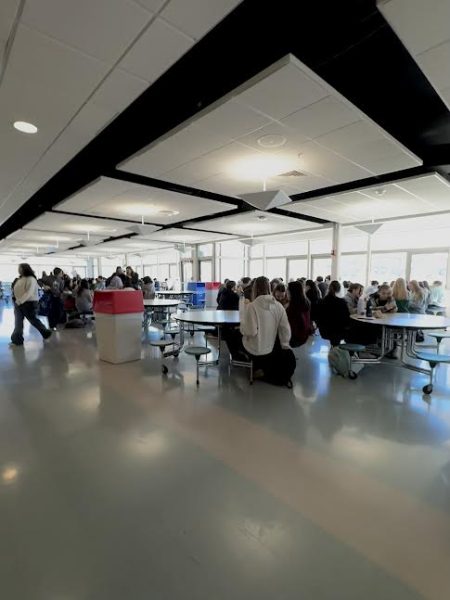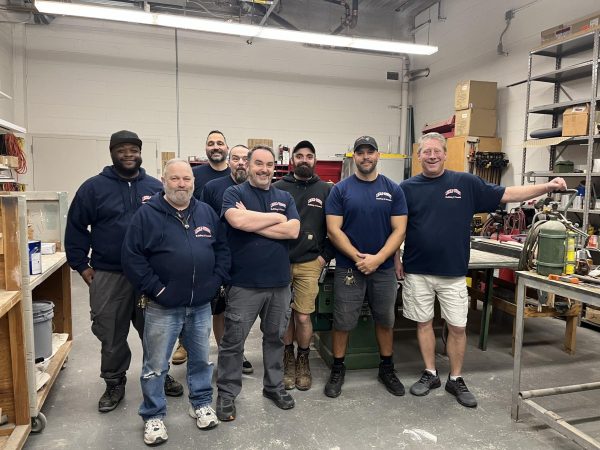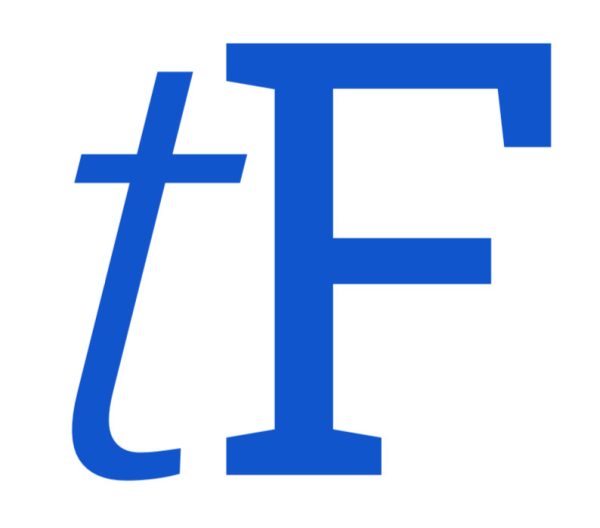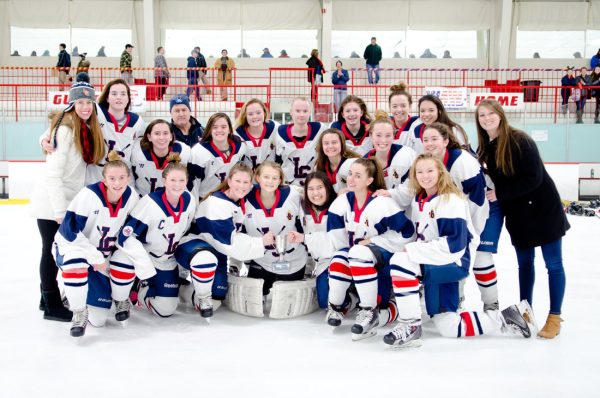Free Period Products in L-S Bathrooms
The Lincoln-Sudbury Students Together Empowering Women club (STEW) is proud to announce that from now on, free period products will be available in the dispensers in all women’s and gender-neutral bathrooms at L-S. Through the past year, our club has been discussing menstrual equity and how to apply it at our school, and now we are finally able to make that happen. Menstrual equity is about the affordability, accessibility, and safety of menstrual products for everyone that needs them. In recent years it has become a global discussion, with some places even passing laws to ensure access to free period products. More locally, Boston public schools and Natick High School currently supply free menstrual products for students. We wanted L-S to join in and be a leader in this national and global issue.
From discussions with other students and our own experiences, we realized that though there are free period products at the nurse’s office already, making them affordable, most students with periods do not find this accessible. Depending on where you are in the building, it can take about 15 minutes to go to the nurse’s office, get a pad or tampon, and get back to class. This means students have to miss valuable class time to access the products. The products at the nurse’s office were also not very good quality, which caused many students to avoid them. Additionally, there is a negative stigma about periods compared to other health issues, which can make students feel embarrassed to ask a teacher to go to the nurse for menstrual products.
For research purposes, members of STEW made a survey available for students, with flyers posted in the hallways and library. The survey received over 200 responses, and it asked students what would be most helpful for them. 76.3% of students said that products in the bathrooms would be easiest, 9.3% said the health office, and 3.6% said the locker rooms. The remaining 10.8% were all students who do not get periods. Our sample size showed that though some students find it most helpful to get products from the nurse’s office, the majority of students with periods would prefer the bathrooms. There were some concerns from students, especially about the quality of products, and we plan to order better products once the nurse’s stock is used up. The survey also showed a lot of support from students about the initiative. One student said, “I’m so happy something is being done about this!” and another responded, “Thank you for speaking up for the women at L-S!” These responses and others helped tell us just how much these products would benefit students.
Senior Mallory Otten, a member of STEW, explained, “We are proud to pioneer this global discussion at L-S and work to make our school a more inclusive environment for everyone.” Additionally, L-S junior Norah Lee, another member, stated that,“We need to teach people with periods that what they go through surrounding their menstrual cycle is natural and okay to address.” Finally, junior Lea Murphy believes that, “People with periods have value and deserve the help they need.”
STEW decided to meet with the Superintendent/Principal Mrs. Wong and Director of Finance Mrs. Patterson to get financial and administrative approval for our plan. Presenters included Mallory Otten, Lea Murphy, Norah Lee, and Kaitlyn Whyte. There was also assistance from other club members who helped develop the presentation. We mapped out our proposal including a timeline, student concerns, a budget, and why exactly we believed these products were necessary. Mrs. Wong and Mrs. Patterson were supportive of our proposal, and we have already started our trial run.
One question we had to address was whether or not to put products in the men’s bathrooms as well as the women’s. We would love to have products available in all bathrooms to make them more accessible to transgender students, but there were concerns about doubling the cost and how cisgender students who use those bathrooms might misuse or waste products. That’s why it is so important to us that we have products in gender-neutral restrooms.
Already there has been some misuse of the products in the women’s restrooms because students are not taking the resource seriously. Please keep in mind that STEW members put a lot of effort into making period products accessible to students, and that this year is just a trial run. That means that if the products being in the bathrooms becomes a problem, we might not be allowed to have them there anymore. If you use the women’s or gender-neutral restrooms please take this initiative seriously, and remember that this is meant to be a beneficial resource.
Hopefully, the menstrual equity plan will continue long after we have graduated, and will become standard practice for future students.
